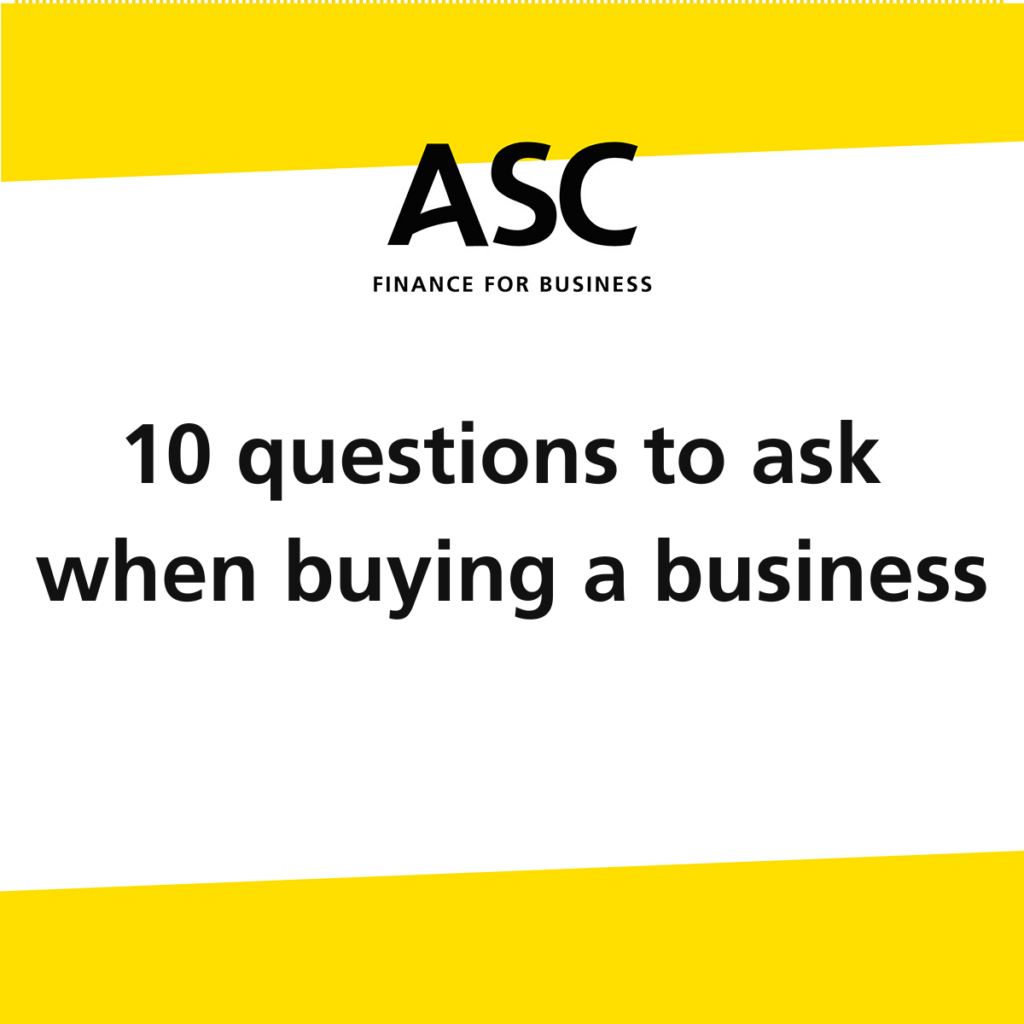While buying a business can be a thrilling experience, there are various steps you’ll need to tackle. One of these is asking a seller the right questions. To support you in your buying journey, our friends at the world’s number one business for sale website have provided their insight. Here’s what they have to say.
Buying a business entails far more than exchanging money and deal terms. There are various important questions you need to ask the seller to gain a well-rounded understanding of the business and its market. The answers to these questions will shed light on how the business operates, how it will harmonise with your vision and capabilities, and what potential risks you might come up against.
To help you navigate this process, here are the 10 most crucial questions you should ask a seller before buying their business.
10 questions to ask when buying a business
Before you sign the dotted line, make sure you have adequate answers to the following questions:
1) Why are you really selling your business?
This question may seem obvious, but the true answer can uncover some important insights. While retirement, health, and a change in pace are the most common reasons business owners sell, a decline in profitability, gloomy industry changes, and legal implications are warning signs you should look out for.
2) Can I analyse your income, cashflow, and balance sheet for the last 2-3 years?
To confirm the seller’s price is reasonable and fair, you or your accountant will need to review the financial documents of the business. This will demonstrate if the seller has undervalued or overvalued their business, helping you make a more informed decision. Lenders will also require this type of documentation.
3) How will the company deal with your absence?
Owner reliance can be a significant risk when buying a business. If employees and customers are too loyal to and reliant on the business owner, future sales and growth can be affected. The transferability of a business is important, so make sure you analyse how the transition will unfold if the company is too dependent on the existing owner.
4) Is there a high staff turnover?
If employees leave the business regularly, it’s clear that something isn’t sustainable. Whether it’s low wages, intense workloads, or toxic relationships, a high turnover is something you’ll need to mitigate if you buy the business.
Counteracting high staff turnover requires a proactive approach; listening to employees and solving issues, offering bonuses for hard work, or building team morale are some strategies you can consider.
5) How many hours do you work per week?
Understanding how you’ll cope as the new business owner is crucial. If the current owner is spending a significant amount of time running the business, it’s likely you will too. This can negatively impact your physical and mental health, productivity, and decision-making.
6) Are you still writing off bad debt?
Once you buy a business, existing problems become your problems. Outstanding debt, late payments, or rocky relationships with vendors will become a significant headache for a new business owner.
7) Will you be around to help during the transition period?
While this may not be an option for every business transaction, it does help smooth out the transition. How long the seller will stay on – if at all – will depend on the deal structure. In most cases, it’s about 3-6 months.
Keep in mind that you’ll need to compensate the seller for this type of arrangement (an earnout arrangement or minority shareholding are some examples).
8) Are there any past or ongoing lawsuits?
To put it simply, it’s a red flag if a business for sale has past or ongoing lawsuits. If this is the case, your lawyer should ask for and review case details. In the worst-case scenario, the business owner might be selling the business because of the lawsuit.
9) What is the state of your existing assets?
Run-down assets like equipment or machinery can be costly in the long term, so it’s important to understand how and when they’re maintained.
10) Does your business have adequate working capital?
Healthy working capital is crucial to maintain a business’s operations and meet short-term expenses. Without adequate working capital, you’ll struggle to pay wages, utilities and other daily necessities.
Ready to buy your dream business?
Asking the seller questions like these will provide a good starting point for discussions, paving the way for a healthy and proactive deal. While you’ll likely have more queries for the seller, these questions will offer a preliminary outlook of the business before the process gets serious.
Before you start your buying journey, make sure you understand what each step of the buying process looks like.



